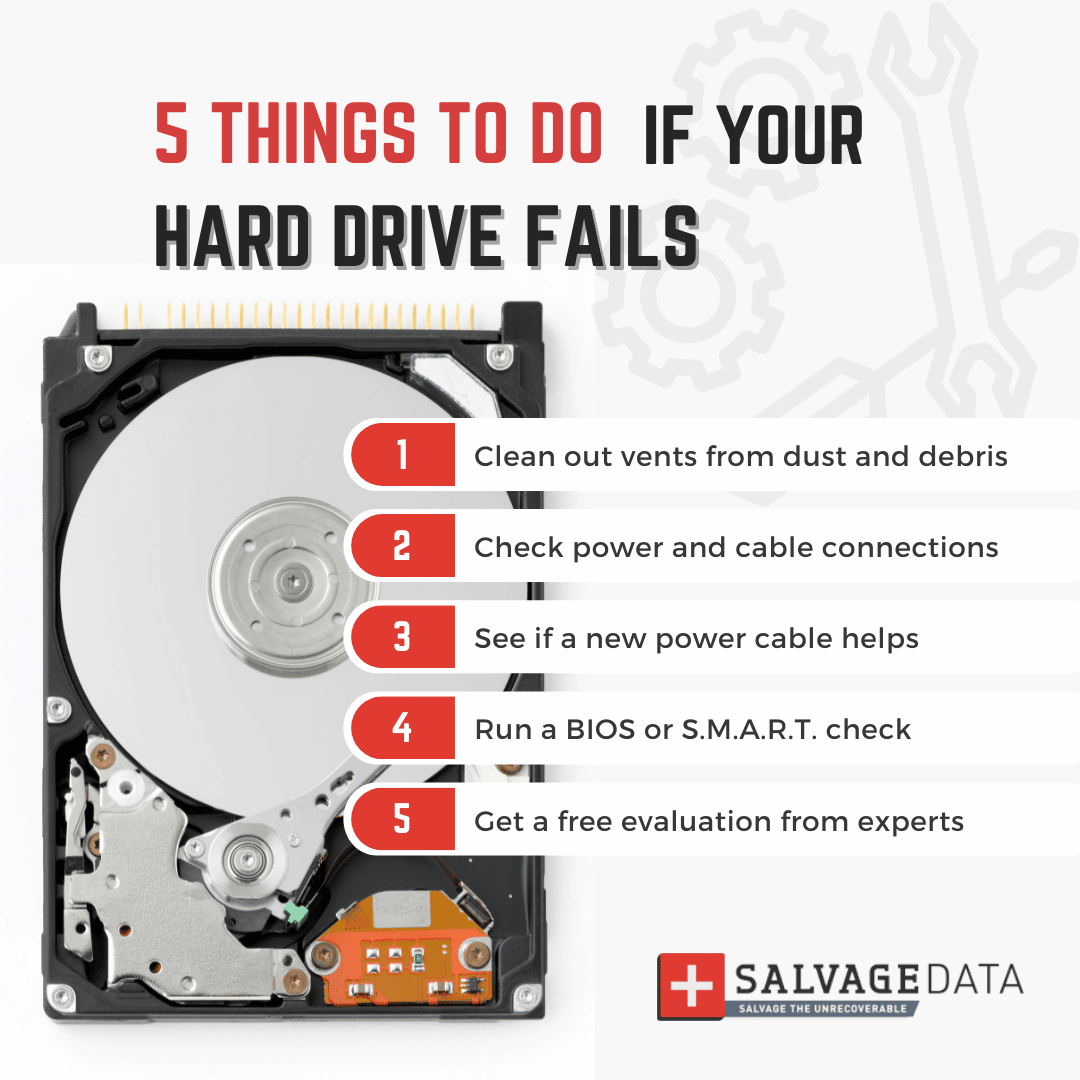Choosing the right hard drive for your system is crucial for ensuring optimal performance and storage capacity. With so many options available in the market, it can be challenging to determine which hard drive will meet your specific requirements. This buyer’s guide will help you navigate the different types of hard drives and their key features to help you choose the right one for your system.
- Types of Hard Drives
There are two primary types of hard drives: traditional hard disk drives (HDDs) and solid-state drives (SSDs). HDDs use spinning disks to store data, while SSDs use flash memory. SSDs tend to be faster and more reliable, but they are also more expensive than HDDs.
- Storage Capacity
The storage capacity you require for your hard drive depends on your specific needs. Consider how much data you need to store on your system and how quickly you’re likely to fill up the storage space. HDDs are available in various sizes ranging from 250GB to several terabytes, while SSDs usually offer smaller storage capacities.
- Performance
Performance is an essential factor to consider when choosing a hard drive. The faster the read and write speeds, the better the performance. HDDs tend to be slower than SSDs, so if speed is a priority, consider investing in an SSD. Additionally, the RPM (revolutions per minute) of the HDD also affects its performance. Faster RPM translates to faster read and write speeds.
- Compatibility
Before purchasing a hard drive, make sure it is compatible with your system. Check the manufacturer’s specifications and ensure the drive is compatible with your motherboard, operating system, and other system components. Additionally, check the form factor of the drive to ensure it fits the available space in your system.
- Brand and Reliability
The brand and reliability of a hard drive are crucial factors to consider. Stick to reputable brands with a proven track record of reliability and quality. Additionally, check for warranty periods and customer reviews to gauge the longevity and durability of the drive.
- Price
Hard drives come in various price points, and your budget will likely be a factor in your decision. Typically, HDDs are more affordable than SSDs, but SSDs offer better performance. Consider your specific needs and budget to determine which type of drive is the best fit for your system.
- Intended Use
Consider the intended use of your hard drive. If you need fast read and write speeds for gaming or video editing purposes, SSDs are the better option. However, if you need large storage capacities for media storage or file backups, HDDs are the better option.
Conclusion
Choosing the right hard drive for your system requires careful consideration of several factors, including the type of drive, storage capacity, performance, compatibility, reliability, price, and intended use. By considering these key factors, you can narrow down your options and select a hard drive that meets your specific requirements. Remember to prioritize reliability and compatibility with your system, and invest in a reputable brand to ensure a quality purchase that will meet your storage needs for years to come.
